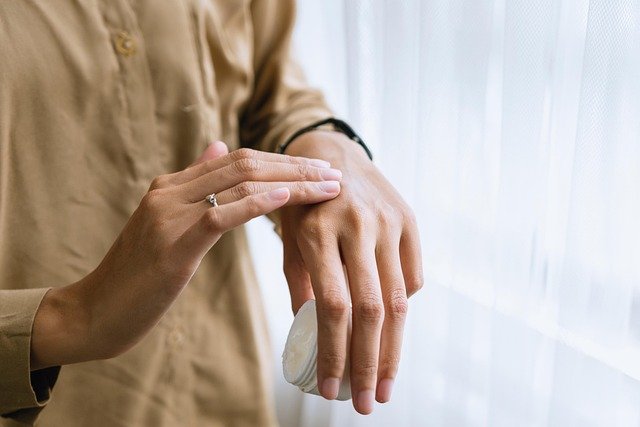Understanding Eczema: Symptoms, Triggers, and Treatment Options
Eczema isn’t just dry skin—it’s a chronic inflammatory condition that affects the skin’s ability to retain moisture and defend against irritants. This article explores how eczema develops, common environmental and internal triggers, and practical strategies for reducing flare-ups and discomfort. You'll also learn when medical guidance becomes important for effective, long-term relief and improved skin health.

What Makes Eczema Different from Other Skin Conditions?
Eczema distinguishes itself through its unique combination of symptoms and patterns. Unlike general dry skin or contact dermatitis, eczema typically appears in specific areas such as the elbows, knees, and face. The condition is characterized by intense itching, often worse at night, and can create a persistent itch-scratch cycle. The affected skin becomes red, inflamed, and may develop small, fluid-filled blisters that can crack and weep when scratched.
Common Triggers That Can Spark Flare-ups
Environmental factors and stress play significant roles in triggering eczema flares. Common triggers include:
-
Temperature changes and extreme weather conditions
-
Certain fabrics, especially synthetic materials
-
Harsh soaps and detergents
-
Dust mites and pet dander
-
Emotional stress and anxiety
-
Food allergies
-
Hormonal changes
Treatment Options Available for Managing Symptoms
Treatment for eczema typically involves a multi-faceted approach combining both over-the-counter and prescription medications. Over-the-counter options include moisturizers, anti-itch creams, and gentle cleansers. Prescription treatments may include:
-
Topical corticosteroids for inflammation
-
Topical calcineurin inhibitors
-
Oral antihistamines for itch relief
-
Systemic medications for severe cases
-
Phototherapy under medical supervision
Essential Daily Skin Care Routines
Maintaining a consistent skincare routine is crucial for managing eczema:
-
Use lukewarm water for bathing (not hot)
-
Apply moisturizer immediately after bathing
-
Choose fragrance-free products
-
Wear soft, breathable fabrics
-
Keep fingernails short to minimize damage from scratching
-
Use a humidifier in dry environments
When to Consult a Healthcare Professional
Seek medical attention if:
-
Over-the-counter treatments aren’t providing relief
-
Skin becomes infected (signs include oozing, crusting, or severe redness)
-
Eczema significantly impacts daily activities or sleep
-
New symptoms develop or existing ones worsen
-
The condition affects large areas of the body
Treatment Cost Comparison
| Treatment Type | Average Cost Range | Duration of Treatment |
|---|---|---|
| OTC Moisturizers | $10-30 per bottle | 1-2 months |
| Prescription Topicals | $30-100 per tube | 1-3 months |
| Systemic Medications | $100-500 per month | Ongoing |
| Phototherapy | $50-100 per session | 2-3 months |
Prices, rates, or cost estimates mentioned in this article are based on the latest available information but may change over time. Independent research is advised before making financial decisions.
Understanding and managing eczema requires patience and a comprehensive approach. While there’s no cure, combining appropriate treatments with good skincare habits can help control symptoms and prevent flare-ups effectively.
This article is for informational purposes only and should not be considered medical advice. Please consult a qualified healthcare professional for personalized guidance and treatment.




